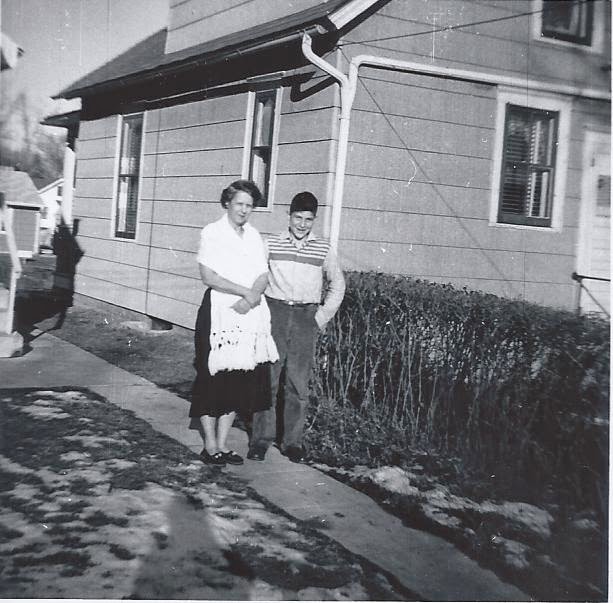Failure
can wrap itself in a cloak of many different colors. Unexpected job loss and
life-changing events can become pivotal points in one’s life. It’s that
water-shed event where what was once present is now past and the future is
nothing more than a dim hope or vapid expectation on the horizon.
In
her new book entitled: ‘The Up Side of Down,’ author Megan McArdle says that:
“Getting to the upside of down often means letting go of your instincts,
ignoring conventional wisdom and leaping for something no one has done before.”
It’s changing course in mid-stream and forging ahead despite the uncertainty of
what might lie ahead.
Ed
Catmull is one of the founders of Pixar along with Steve Jobs and John
Lasseter. In his new book ‘Creativity, Inc: Overcoming the Unseen Forces That Stand in the Way of True Inspiration’ Catmull says that the ultimate goal here
is to uncouple fear and failure. It’s changing that stigma that failure is bad
and a sign of weakness. We must recognize that mistakes aren’t a necessary
evil. Instead they are an inevitable consequence of doing something new.
Echoing the mantra of many forward-thinking ventures: “If you aren’t making
mistakes, you aren’t taking enough risks.”
I’ve
been there many times in my life; three in particular stand out. Yet in each
instance I never knew just how fortuitous my failure would turn out to be. I
never planned to fail so there was never some grand plan to deal with my
stumble. Instead some innate survival instinct kicked in and pushed me forward.
At the time I didn’t see it as a failure as much as a minor distraction like a
toe-stumble off the starting line.
The
first failure was running out of money at a private college and transferring to
the University of Minnesota. While a large University may work for a lot of
other students, it was an unmitigated disaster for me. Beginning with 2500
students in the Introduction to Psychology class to the smallest class of 300 in
Economics, I was lost before I stepped foot on campus. I lasted two quarters
and was politely asked to ‘take a break’ by the Admissions Office.
Two
weeks after dropping out, I got my draft notice and spent the next two years in
this man’s army. I wouldn’t have wanted it any other way. It was two years of
learning to live on my own, continuing my focus on education, writing, travel
and the beginning of collecting a lifetime of writing material (only I didn’t
know it at the time.)
My
second failure came in my boss’s office at precisely 8:34 a.m. on July 23rd,
1993…but who’s counting. It began with the usual pleasantries and then quickly
evolved into “…(blah-blah-blah)…so we’re going to have to let you go.” And with
that non-descriptive lame-ass explanation I was out of my job of 13 years in
public television.
Office
politics aside, it was the best thing that could have happened to me. In
reality it became a clean break from the old and mundane and political to a
forced self-reliance on my own skills to survive in the marketplace. It made me
focus on my business and real estate investments instead of five year forecasts
just to satisfy my CFOs love of graphs and charts. And again I never looked
back.
My
third and final failure (thus far) came in the form of an obnoxious e-mail from
an ego-inflated anal pretentious individual who didn’t like the video programs
I was producing for local community television broadcast. His criticisms were
ripe with subjective opinions and self-induced visions of grander. It was at
that point that I declared to my computer that “I don’t need this _____ anymore”
and with that eloquent announcement, I folded up my video production and
distribution business and focused my energies on my writing.
Yet
in retrospect each stumble, loss, rejection, distraction and life-changing
event in my past has nudged me toward this stage of my life where storytelling
in multiple disciplines has become my new passion.
Catmull
reminds us that: ‘we must think of the cost of failure as an investment in the
future.’
 |
| DenisJLacomb.com |
Some
folks are much quicker at failing their way to success. It took me fifty plus
years and a life-time of learning just to get where I am now. Slow and steady
with a couple of stumbles along the way…just like my writing. I’d love to say
it’s all part of some grand plan but it’s not. Just one more attempt at doing
what I love best and stumbling every couple of steps on the way to success.

.jpg)














